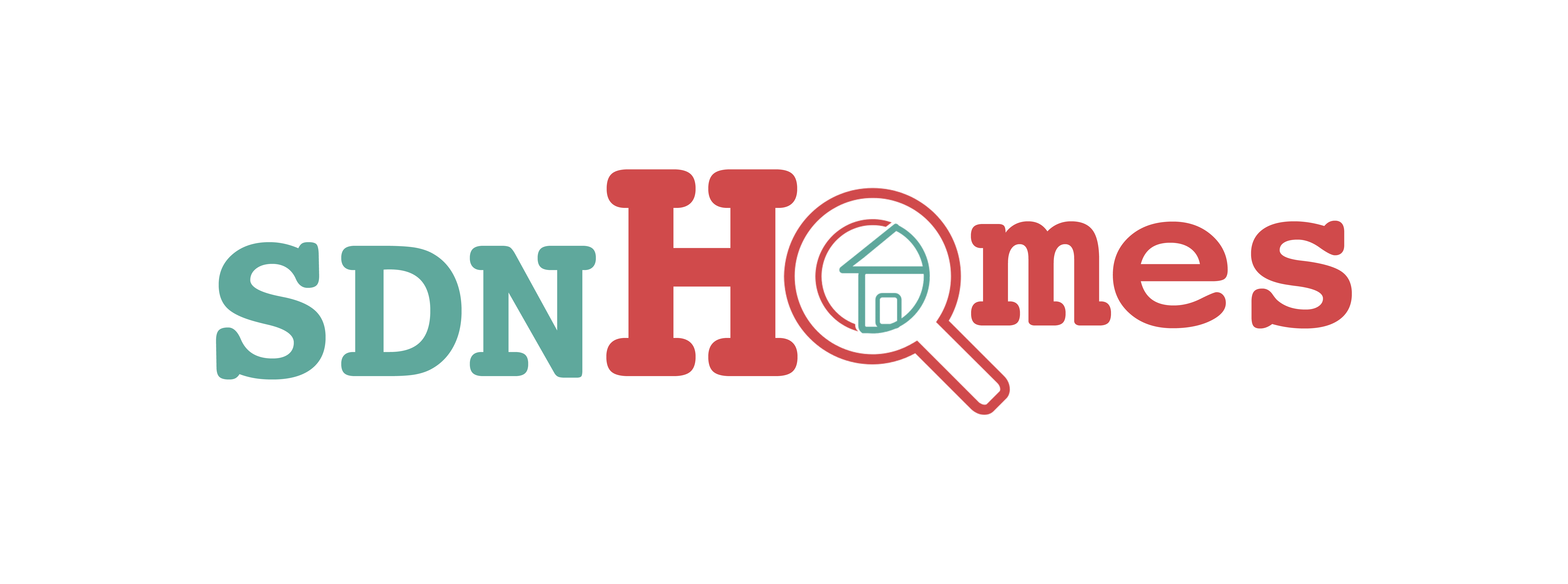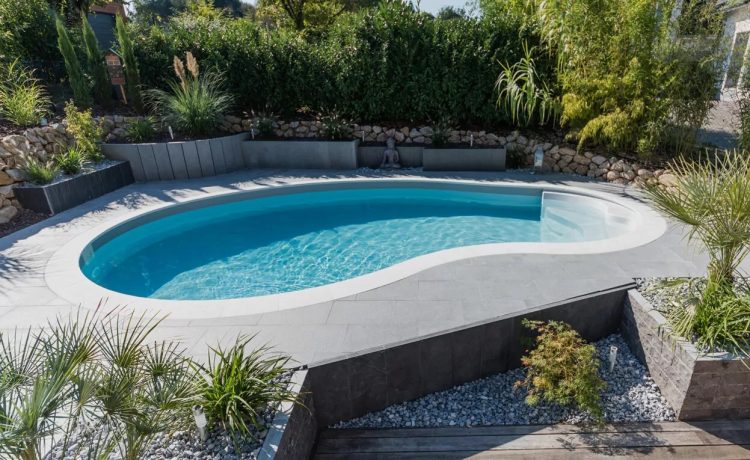During the summer, most people relax by the pool, wearing sunglasses and plastic cups, drinking lemonade and sometimes getting startled by a neighbor’s dog. Depending on factors such as size, amenities, and location, the cost of a pool may vary from the low thousands to the high hundreds of thousands. If you want a pool in your backyard but don’t have the money to build one, don’t worry; we’ve got you covered (figuratively and literally) like sunscreen on your nose.
We have developed a list of five ways you may finance a pool this summer to help you make the most educated decision possible given your financial situation.
Various Ways to Finance a Pool
The pool may be funded in a number of ways, including via the use of personal loans or equity in your property. The most popular pool loan options are discussed, along with some pros and cons for each. Choosing the pool loans is important here.
Line of credit against the equity of one’s home
A home equity loan allows you to get cash by borrowing against the value of your house. More equity means more money available for borrowing purposes. Subtracting the balance of your mortgage from your home’s market value gives you your equity. The loan, which is backed by the equity in your home, is repaid in a lump sum throughout the loan’s length, with subsequent payments spread out evenly over the life of the loan. Each lender has its own set of criteria that must be met before they will approve you for this loan. Your income, the CLTV ratio, and your credit score will all be considered. This loan is considered a second mortgage and so requires you to pay closing costs again.
CLTV
The CLTV is calculated by dividing the sum of all loans (including the current mortgage balance and the requested loan amount) by the property’s worth.
Constant remuneration
Having a fixed monthly payment might greatly simplify budgeting and keeping track of these loans.
Regular and Predictable Compensation
Having a fixed monthly payment might greatly simplify budgeting and keeping track of these loans.
Reduce the cost of borrowing money.
Home equity loans often have lower interest rates than credit cards and other forms of unsecured borrowing.
Less cumbersome to qualify for
Minimum credit score and yearly income requirements for a loan against one’s home equity are frequently far lower than those for a personal loan.
Money spent on transactions
Similar to a first mortgage, you’ll have to fork over cash to close on a home equity loan.
Demands Fairness
It is common practise for lenders to demand a borrower have between fifteen percent and twenty percent equity in their house before they would approve a home equity loan. Depending on the size of your mortgage, the amount you pay each month, and the length of time you’ve been making payments on the mortgage, it might take many years before you’ve built up enough equity in your home to make a significant home purchase.
Your home will be used as security.
If you decide to take out this loan, the value of your home will be used as collateral. For this reason, it is essential that you keep up with your mortgage payments.



















